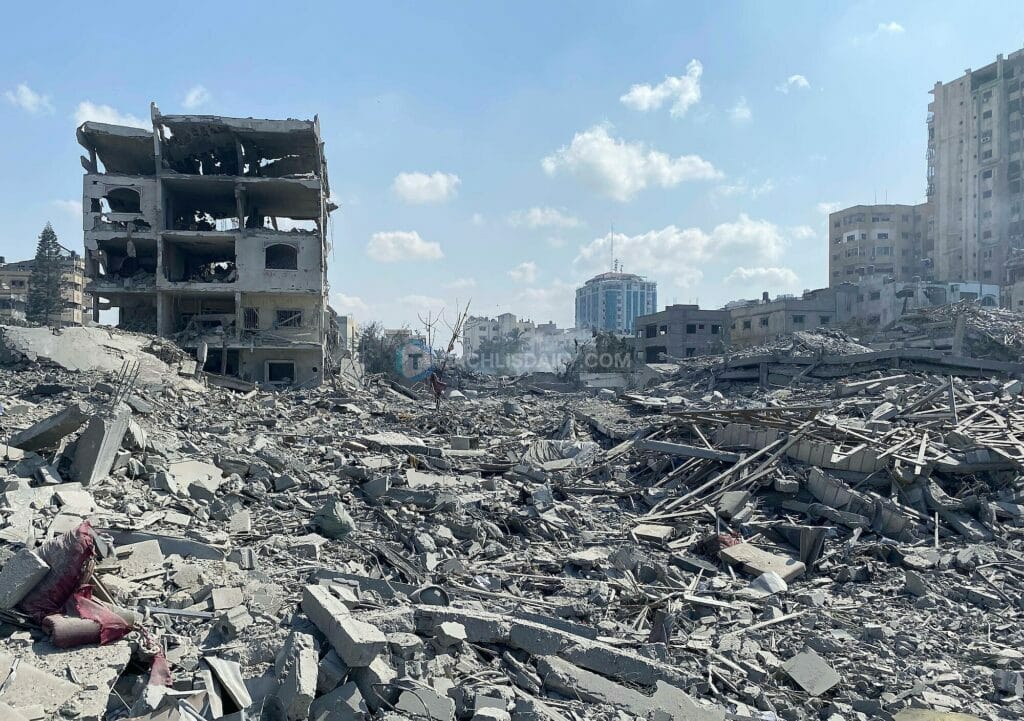President Donald Trump stated on Tuesday that the number of hostages still alive in Gaza has dropped to 21, citing the deaths of three individuals previously believed to be living. His announcement, made during remarks in the Oval Office, directly contradicted Israel’s official figure, which continues to list 24 hostages as alive.
The difference between the U.S. and Israeli assessments highlights a growing discrepancy. According to a source familiar with the matter, Israel does not officially change the status of hostages from “alive” to “deceased” unless there is definitive proof of death, even if intelligence assessments suggest otherwise. This cautious approach reflects the deep sensitivity and political ramifications surrounding the hostage crisis, now a central issue in the ongoing war.
Trump’s statement came days after Sara Netanyahu, wife of Prime Minister Benjamin Netanyahu, was overheard acknowledging that fewer than 24 hostages were still alive. That revelation sparked outrage among hostage families, many of whom felt blindsided by such a disclosure through the media instead of direct communication from officials. Trump then echoed this point, and on Tuesday gave the first definitive number: 21.
Israel’s hostage envoy Gal Hirsch responded shortly afterward by reiterating that 24 individuals are still officially classified as alive. In a public update, Hirsch explained that Hamas is currently holding 59 hostages — 24 still listed as living, and 35 confirmed deceased. Five of the 59 are foreign nationals. Hirsch emphasized that his office remains in constant contact with hostage families and is committed to transparency, despite criticism from families who feel they are being kept in the dark.
The confusion comes amid broader tensions over how to handle the ongoing war in Gaza and the future of negotiations with Hamas. Trump has already played a key role in securing the release of 33 hostages, including two Americans, in a deal brokered just before he assumed office in January. However, the agreement broke down after its initial phase, leading Israel to resume its military campaign on March 18 when Hamas refused to modify the terms.
Negotiations have since stalled. Israel is now pushing only for a temporary ceasefire to release some hostages while continuing its military objectives. Hamas, on the other hand, demands a permanent end to the conflict in exchange for releasing all remaining captives.
The deadlock has led to increased military planning. On Sunday, Israel’s security cabinet approved an expanded ground operation in Gaza, which is expected to begin after Trump’s scheduled visit to the region from May 13 to 16. Officials hope that diplomatic progress can still be achieved before the offensive resumes.
Trump’s envoy to the Middle East, Steve Witkoff, expressed hope for a breakthrough, saying he remains in daily contact with key players including Qatar, Egypt, and Israel. “President Trump wants to get the hostages. Prime Minister Netanyahu wants to get the hostages. We are working in a concerted way,” Witkoff said on Monday.












